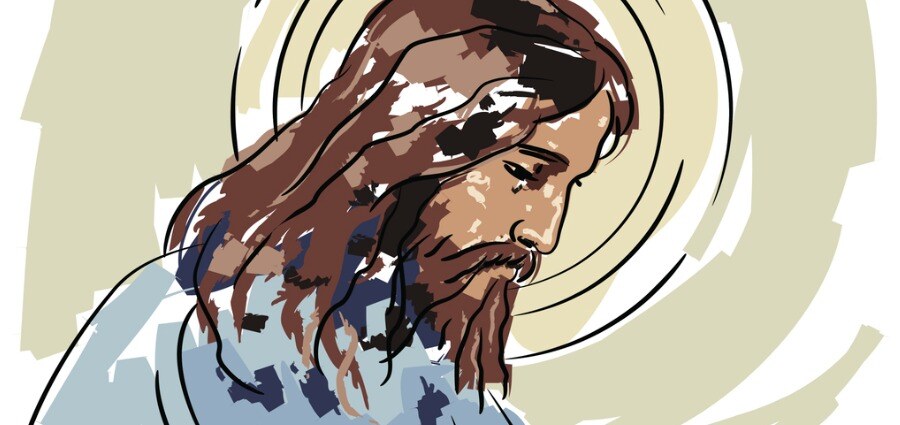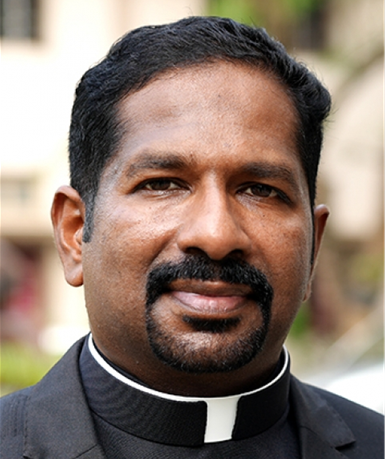
Living up to Challenging Ideals - Weekday Homily Video
The story in the first reading begins on a reasonable enough note. King Ahab wanted Naboth's vineyard, which was adjacent to his palace, to grow his vegetables. King Ahab asks Naboth to exchange his vineyard for another one or to be given its value in money. Fair enough. King Ahab, who was king of the Northern Kingdom of Israel in 874 BC, was described in the first book of Kings as "worse than all his predecessors." (1 Kings 16:30)
We don't need to delve further into the evil deeds of Jezebel, the king's wife. In short, the Book of Kings describes the unjust killing of the innocent Naboth as a clear example of the abuse of royal power.
Queen Jezebel's complete disregard for the human rights of ordinary people shows how institutional authority can be abused. The fact that her husband, King Ahab, allowed the violent seizure of Naboth's vineyard is outrageous. Naboth had the right to his land, but not only did he lose his land, but also his reputation and life. The combined crime of the king and his wife calls out for justice.
The Evil in the World Challenges Us
Today, we live in a world where many feel a sense of entitlement. Some seek to take more than what they are entitled to have. They covet people's possessions and spouses. They will do almost anything, even murder, to get what we have.
"It is nearly impossible to remain patient when we feel that others have harmed us, to stay loving in the presence of unfairness, or to remain faithful in the face of infidelity. Living by these ideals would be extremely challenging without a special grace from God." The evil in the world can truly challenge us. We have a choice to make. Our actions and decisions could be honorable or dishonorable, forgiving or revengeful.
A Higher Form of Justice
Jesus encourages us to refrain from imposing our will on others and to respond to evil with mercy and goodness instead of revenge. Jesus advises His disciples not to fight but to give what is asked of them and even more than what is being asked of them - turn the other cheek, give the cloak beside the tunic, and walk two miles instead of one.
In our personal lives, we can practice this reconciliation by choosing to forgive those who wrong us, seeking to understand and heal, rather than to punish. This does not mean ignoring justice but embracing a higher form of justice that seeks restoration.
In the broader society, we are called to advocate for restorative justice rather than punitive justice. This involves working towards systems that heal and restore communities rather than perpetuating cycles of harm and retribution.
Always remember that turning the other cheek or walking the extra mile is not a weakness but a powerful witness to the strength of our character and the transformative power of God's love within us.
- Father Boby's inspirational homily was recorded live during Mass at the Father Peyton Center this morning. Please watch the video on our Facebook page. (Facebook account not required to view.)
- To watch the Rosary prayer and Mass live stream, please go to our Facebook page at 11:30 a.m. Eastern Time, from Monday to Friday. We encourage you to invite your friends and family to join us as well! (Note: If you are not a Facebook member and encounter a signup prompt, you can dismiss it by clicking the X at the top of the message and proceed to the live stream.)
About Father Boby John, C.S.C.
Father Boby John, C.S.C., ordained a priest in the Congregation of Holy Cross in 2008, worked as a pastor and an educator with tribal populations in Northeast India for thirteen years. Originally from Kerala, India, Father Boby grew up with his parents and three siblings. He is a dedicated and detailed educationist with a Master's degree in Educational Management and is pursuing a PhD in Educational Leadership. He is currently working as the Co-Director of Family Rosary, USA, and as the chaplain at the world headquarters of Holy Cross Family Ministries, North Easton, Massachusetts.

